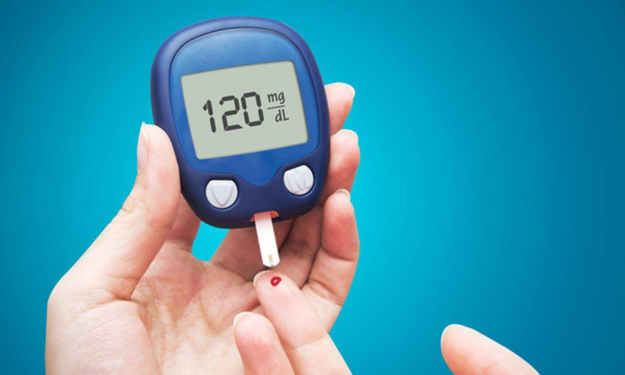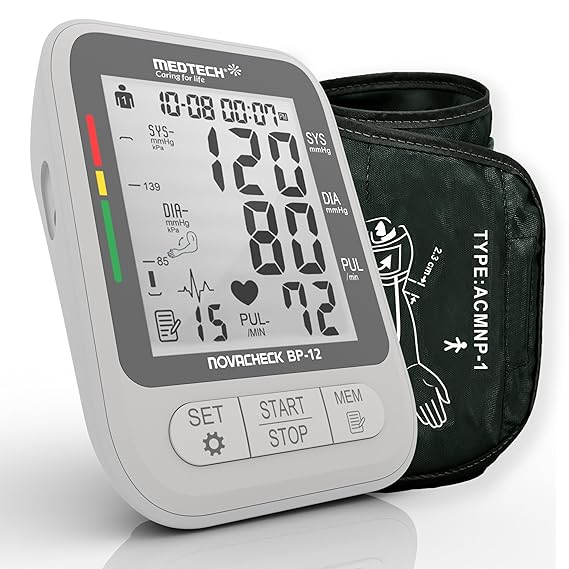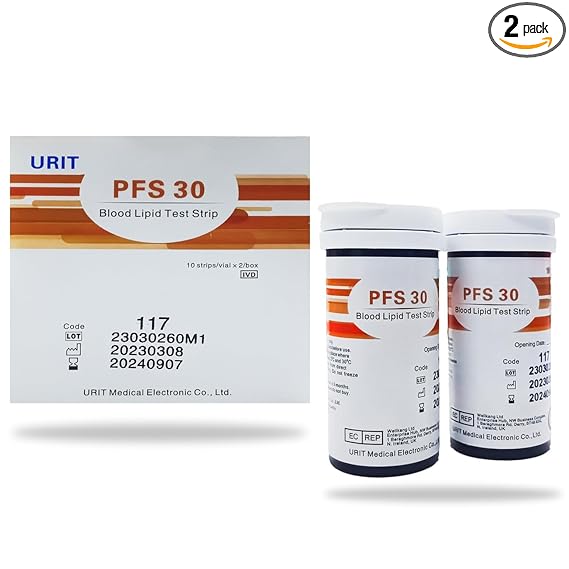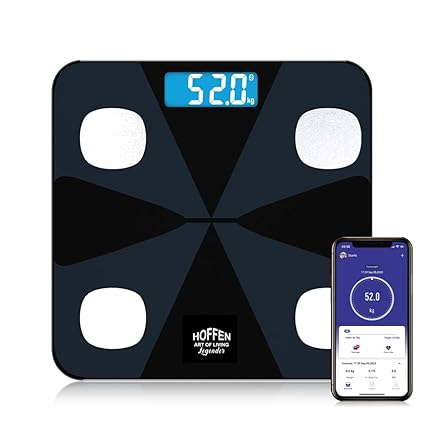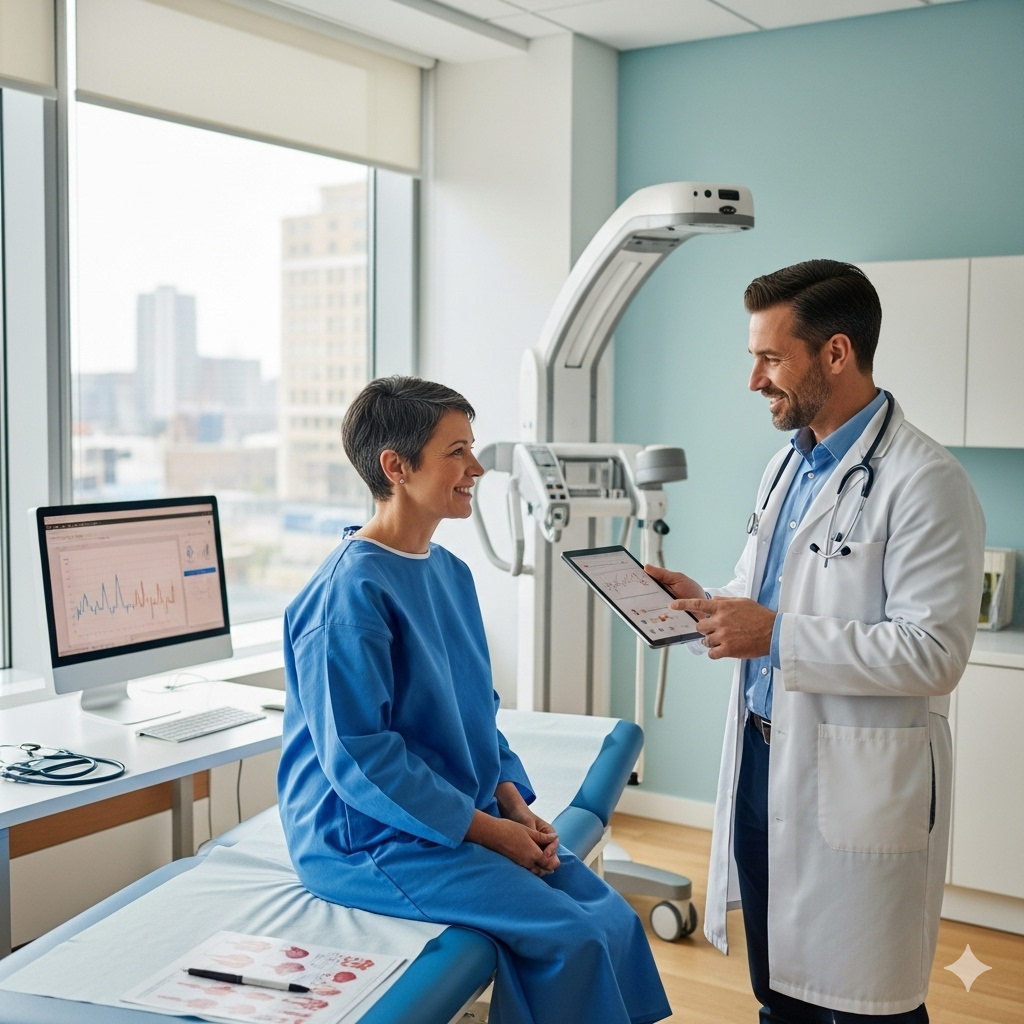Top 5 Health Screenings Everyone Should Get
Maintaining good health isn’t just about eating well and exercising regularly. Preventive healthcare plays an equally crucial role in ensuring long-term wellness. While many people visit a doctor only when they feel unwell, the truth is that some health conditions can silently develop without obvious symptoms until they become serious. This is where regular health screenings come in.
Health screenings are proactive tests that detect potential diseases early—before they progress into major health problems. Early detection not only improves treatment outcomes but can also save lives. Whether you’re in your 20s, 40s, or beyond, certain health screenings are universally recommended for everyone.
In this blog, we’ll explore the top 5 health screenings everyone should get and why they are essential for your overall well-being.

- Blood Pressure Screening
High blood pressure, also known as hypertension, is often called the “silent killer.” That’s because it rarely shows symptoms until it causes major complications such as stroke, heart disease, or kidney problems. According to the World Health Organization (WHO), nearly 1.28 billion adults worldwide have hypertension, and a significant percentage are unaware of it.
Why It’s Important
- Detects hypertension early before complications arise
- Reduces risk of heart attack, stroke, and organ damage
- Easy and painless test that takes only a few minutes
Who Should Get It
- Adults aged 18 and above should have their blood pressure checked at least once every 1–2 years
- More frequent checks are needed if you have risk factors such as obesity, diabetes, smoking, or a family history of heart disease
Recommended Frequency
- Every 1–2 years if normal (below 120/80 mmHg)
- Every 6–12 months if prehypertensive or borderline
- More frequently if already diagnosed with hypertension
To make monitoring easier at home, consider using a reliable digital blood pressure monitor like MEDTECH BP Monitoring Machine
- Cholesterol Screening
Cholesterol is a fatty substance that, in excess, can clog your arteries and increase the risk of heart disease and stroke. Unfortunately, high cholesterol doesn’t cause noticeable symptoms, making regular screening essential.
Why It’s Important
- Identifies high levels of LDL (“bad cholesterol”) and triglycerides
- Helps assess cardiovascular risk
- Allows lifestyle changes and medication if needed
Who Should Get It
- Adults aged 20 and above should have a cholesterol test at least once every 4–6 years
- Those with diabetes, obesity, smoking habits, or a family history of heart disease should test more frequently
Recommended Frequency
- Every 4–6 years if low risk
- Every 1–2 years if at higher risk
- Yearly if already diagnosed with heart disease or high cholesterol
For quick and convenient testing at home, products like AmiciCare Cholesterol Test Strips
can help you track cholesterol or blood sugar between doctor visits
- Blood Sugar (Diabetes) Screening
Diabetes is one of the fastest-growing health conditions globally, with millions affected. Uncontrolled blood sugar levels can damage the eyes, kidneys, nerves, and heart. The good news is that diabetes and prediabetes can be detected early through simple blood sugar tests.
Why It’s Important
- Detects type 2 diabetes or prediabetes early
- Prevents severe complications such as neuropathy, blindness, and heart disease
- Helps guide dietary and lifestyle changes
Who Should Get It
- Adults aged 35 and above should begin screening
- Younger individuals with obesity, sedentary lifestyle, or family history of diabetes should also be tested
Recommended Frequency
- Every 3 years if normal
- Annually if prediabetic or high risk
- More frequently if experiencing symptoms such as excessive thirst, frequent urination, or unexplained fatigue
- Cancer Screenings
Cancer is one of the leading causes of death worldwide, but early detection greatly improves survival rates. Depending on age and gender, different cancer screenings are recommended.
Common Screenings Include:
- Breast Cancer (Mammogram):Women aged 40 and above should undergo regular mammograms
- Cervical Cancer (Pap Smear & HPV Test):Women aged 21–65 should have screening every 3–5 years
- Colorectal Cancer (Colonoscopy or Stool Test):Recommended for adults aged 45 and above
- Skin Cancer Screening:Especially important for those with fair skin, excessive sun exposure, or family history
Why It’s Important
- Detects cancer at an early, treatable stage
- Reduces cancer-related mortality
- Provides reassurance and peace of mind
Recommended Frequency
- Depends on type of cancer and individual risk factors
- Typically every 1–3 years for cervical and breast cancer
- Every 10 years for colonoscopy, or more often depending on results
Maintaining a healthy weight is easier when you track it consistently. A smart scale like Hoffen HO19 Bluetooth provides BMI, body fat, and more insights at home.
- Body Mass Index (BMI) and Obesity Screening
Obesity is a major risk factor for multiple health conditions, including diabetes, heart disease, stroke, arthritis, and even certain cancers. A simple BMI test, along with waist circumference measurement, can help identify potential risks.
Why It’s Important
- Helps detect overweight and obesity issues early
- Guides weight management
- Helps prevent metabolic syndrome and related diseases
Who Should Get It
- All adults should undergo BMI and obesity screening regularly
- Children and adolescents are also often screened to prevent early-onset obesity
Recommended Frequency
- During every routine health check-up
- More frequently if you have risk factors like high blood pressure, diabetes, or a sedentary lifestyle
Additional Screenings Worth Considering
While the above five are essential for everyone, some additional screenings may also be beneficial depending on your age, gender, and lifestyle:
- Vision and Eye Tests(especially for diabetics or those over 40)
- Dental Check-ups(every 6 months)
- Bone Density Test(especially for women over 50 to check for osteoporosis)
- Liver and Kidney Function Tests(if you consume alcohol, take medications regularly, or have chronic conditions)
Health screenings aren’t just for people who are sick—they’re for everyone. Think of them as a preventive investment in your long-term health. By detecting potential problems early, you can take steps to treat or manage them before they become serious.
The top 5 screenings—blood pressure, cholesterol, blood sugar, cancer, and BMI/obesity—are essential for every adult. However, always consult your healthcare provider to customize your screening schedule based on personal risk factors, age, and medical history.
Prevention is always better than cure. Regular screenings combined with a healthy lifestyle can help you live a longer, healthier, and more fulfilling life.
